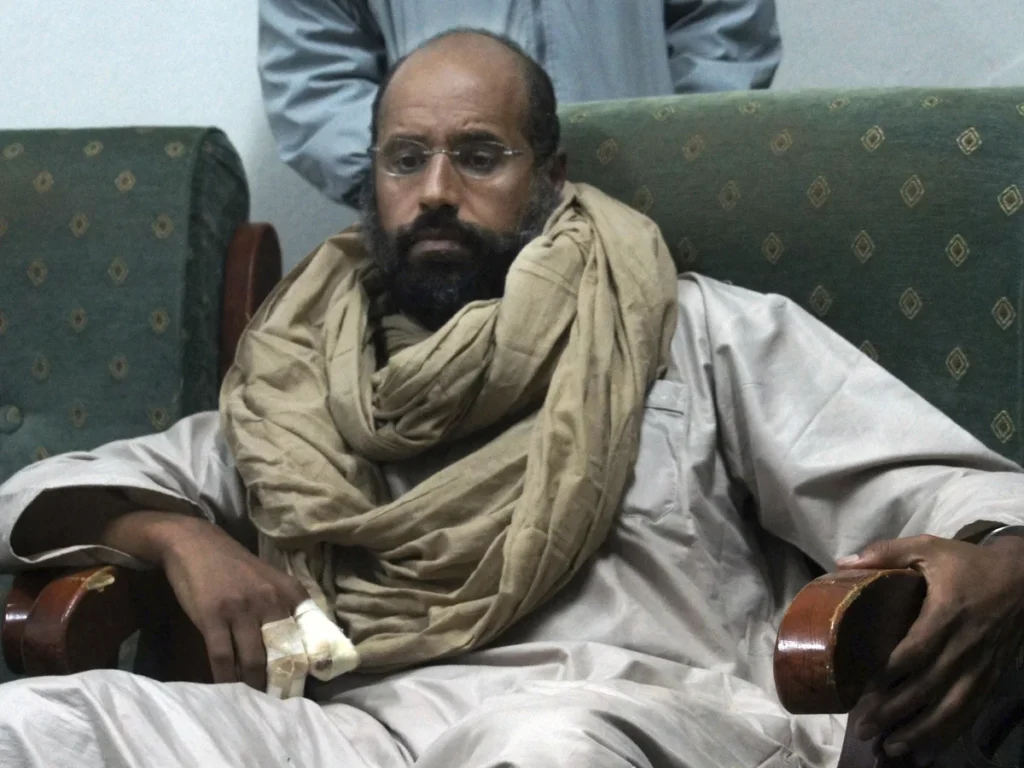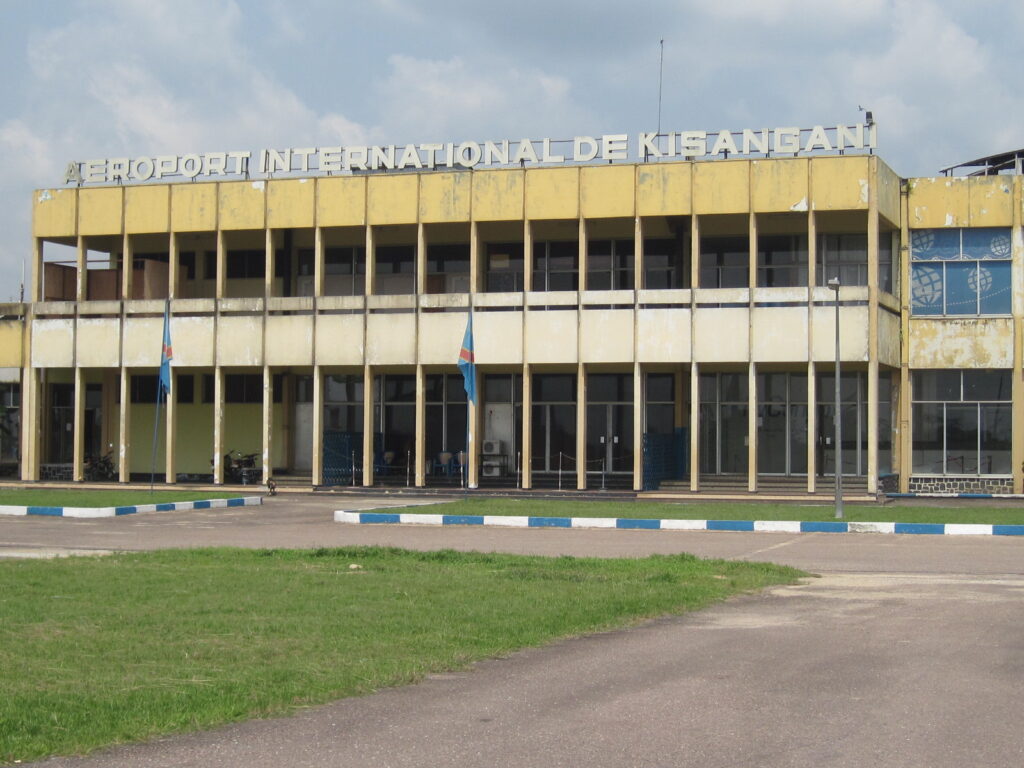
Malawi, a southern African nation, has declared a state of disaster in 23 out of its 28 districts due to drought conditions. President Lazarus Chakwera has urgently appealed for over $200 million in humanitarian assistance, citing the urgent need for aid. This plea comes shortly after neighboring Zambia also sought international help to address similar challenges.
The dire situation in Malawi is the latest manifestation of a severe dry spell attributed to the El Nino weather phenomenon, which has severely impacted the region’s food supply. Zimbabwe, another neighboring country, has also witnessed significant crop damage, prompting considerations for declaring a state of disaster. These developments underscore concerns expressed by the United Nations World Food Programme (WFP) late last year, warning of an impending hunger crisis across several nations in southern Africa due to El Niño’s effects.
According to the WFP, nearly 50 million people in southern and parts of central Africa were already facing food insecurity before the onset of one of the driest spells in decades. USAID, the U.S. government’s aid agency, estimates that over 20 million people in southern Africa will require urgent food assistance in early 2024, partly due to the impact of El Niño.
El Niño, a recurring weather phenomenon characterized by the warming of the sea surface in the Pacific Ocean, has global implications, including below-average rainfall in southern Africa. Climate scientists suggest that climate change is exacerbating the intensity of El Nino events and their associated impacts, amplifying the challenges faced by vulnerable communities.
President Chakwera, who conducted a tour of drought-affected areas in Malawi, reported that approximately 44% of the country’s corn crop had failed or been affected. With around 2 million households directly impacted, he emphasized the urgent need for approximately 600,000 metric tons of food aid to meet the population’s needs. The president called upon the international community to support Malawi in addressing this crisis, highlighting the disproportionate burden placed on developing countries by climate change despite their minimal contribution to global emissions.
Malawi’s vulnerability to weather extremes has been increasingly evident in recent years, with Cyclone Freddy causing significant devastation and loss of life in 2023. The country has also grappled with outbreaks of water-borne diseases such as cholera, exacerbated by tropical storms and floods in early 2022. These events underscore the urgent need for both short-term relief efforts and long-term strategies to address the underlying vulnerabilities exacerbated by climate change in the region.



